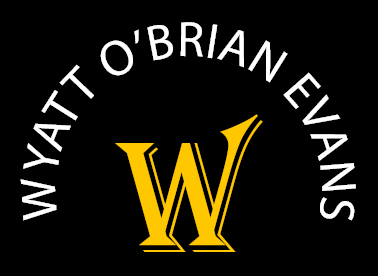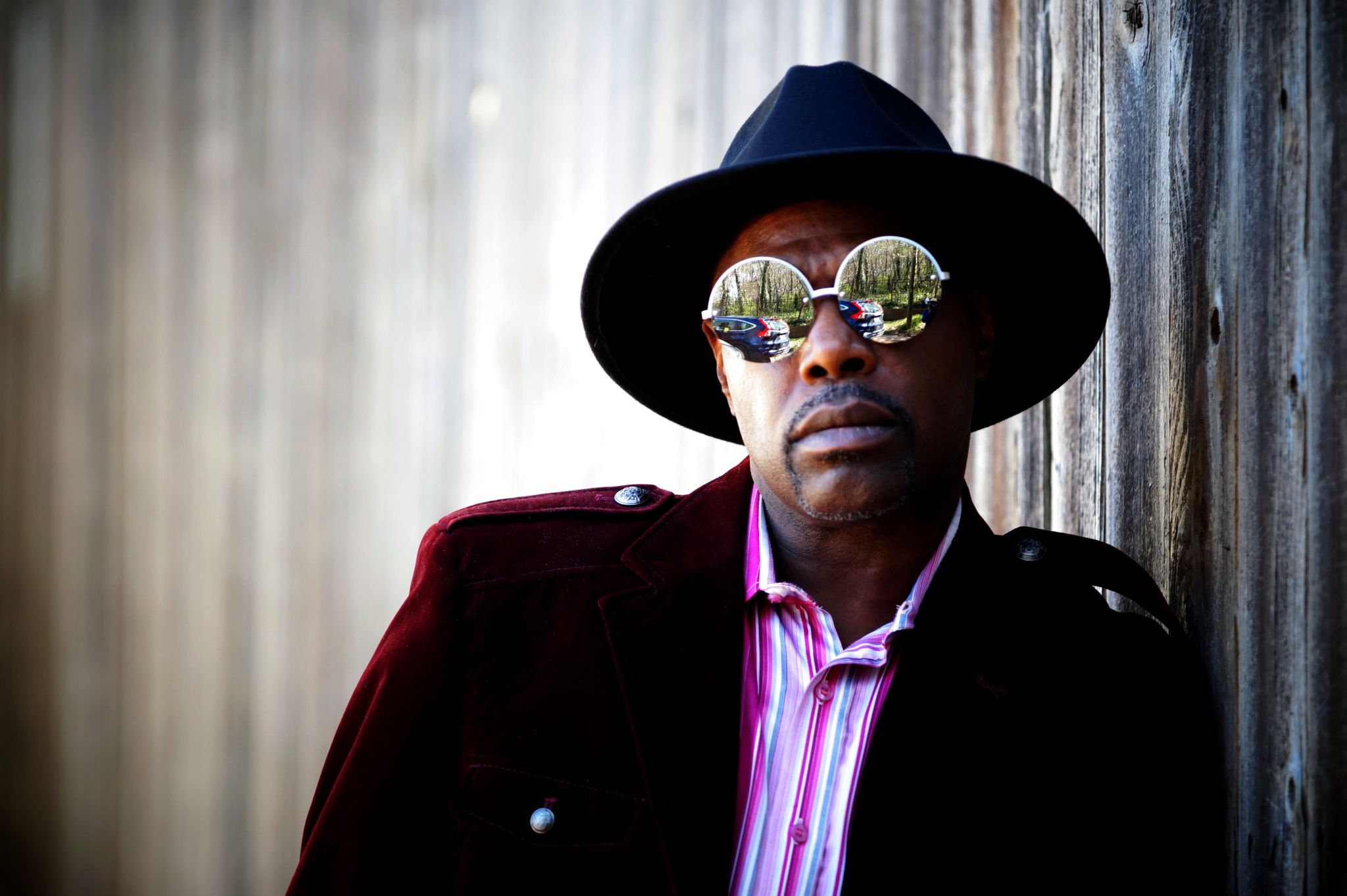“Authenticity—To Thine Own Self Be True”
Guest Writer: W.D. Foster-Graham
“To thine own self be true.” I’m sure that somewhere, at some time, brothas have heard or read that phrase. As an Old School New Kid, it has deep meaning when dealing with not only coming out, but being out as an LGBT man of color.
True, I knew something about me was different early on. I finally had a name for it when I hit my teens. By the time I was 18, I was tired of trying to be something I wasn’t. I had wonderful role models in my parents as African-Americans, but where were those who sat at the intersection of African-American and LGBT? I felt invisible, in my family and at school.
When I came out in 1971 at 18, it was only the beginning of a journey to an authentic life. Stonewall had taken place the previous year, which was a start. And yet I wondered, “Where are the brothas and sistahs in the crowd?” I would go to the clubs when I was surrounded by older men to keep from getting carded. Bearing in mind that my hometown has a small Black population in comparison to other urban areas of its size, the brothas would only show up on weekends. My best bet was house parties, usually by invitation.
After I had a couple of years of college under my belt, I discovered that many LGBT brothas were hiding in plain sight—in church. It became a game for me to see how many “family members” were there on Sunday whenever I visited different churches, from the congregation, the music ministry, the deacon board, the ushers, sometimes the pulpit. The sad part was, we were invisible. Our talents would be used and our money would be taken, and at best, we would be tolerated as long as we hid our lives and who we were, even those who were considered “flamboyant.” How many of us have uttered that phrase, “They know but we don’t discuss It”? How many brothas out there have been hurt by these attitudes? Our relationship with Black churches has often been, to put it mildly, a complex one.
Over the years, the process of living my truth and an authentic life has evolved, from being openly gay to parents, other relatives, friends and at work. It has included correcting people who assume I have a wife instead of a husband. Commanding respect for my modern family. Being authentic and living in integrity was crucial in my relationship to the one person who’s watched my life from the beginning—my son. After all, our children take their cues from us, and as such he’s cool with having two dads. This process has involved walking in faith. I may meet a stranger and be faced with the choice: Do I come out? How important is it in this transaction? I recognize the importance of coming out when you’re ready and you have support, especially when one is a vulnerable youth. Once I did come out, I realized how much stress I had been under when it was gone. Being out is an act of strength.

Recently, I was the keynote speaker at a Men’s Brotherhood meeting. It consists of a group of men from Black churches in the area, plus some white attendees. The majority of the group were straight Black men of a certain age, officers in their respective churches. Having attended these meetings for months now, brothas knew of me and appreciated my input as an author. Those from my church already knew I was gay and supported me, but the others in the crowd were an unknown factor. Doing this reminds me once again that coming out is an ongoing process. Having prepared my topic, for a minute I did obsess on how I would be received. Then, I remembered that God knew who I was, and He doesn’t make mistakes. Why worry what may or may not happen, when I can trust God to tell me what to say and how to say it?
My topic was, “You Never Know What Plans God Has For You.” My talk encompassed my life and how God’s plans for me have manifested as a Black gay man. Through God, I was confident, engaging, relatable, authentic as I shared love and who I was. I was reminded that what I gave was what I received, and I was greeted with a standing ovation and congratulations at the end. Several brothas said, “We needed to hear this.” Yep, He’s not through with me yet, and I give Him the thanks and praise.
Changes have taken place over the years, and there are Black churches who are revisiting diversity, inclusivity and a welcoming community for all God’s children, regardless of who they love. It has taken many conversations, one person at a time. LGBT youth are coming out at an earlier age and more support systems are in place, which is encouraging. There is still much work to do. I have learned on this journey that change is an inside job and that I only have power over my own thoughts, words, and deeds. However, when I changed, everything around me changed. To my LGBT brothas and sistahs: there are those who think that who we are and who we love are strikes against us, when in fact they are strengths. Let us continue to own our strengths and all of who we are, living the best authentic life we can.
At the end of the day, it’s all about the love. Believe in dreams and never give up.
© 2019 by W.D. Foster-Graham
All rights reserved.
W.D. Foster-Graham is an independent novelist from Minneapolis, Minnesota. He received a B.A. in psychology from Luther College, and he was an original member of the multi-Grammy Award-winning ensemble, Sounds of Blackness. He has also been recognized by the International Society of Poets as one of its “Best Poets of 2003.”
His tastes in writing run to family sagas and M/M romance, seasoned with his own brand of African-American flavor—at the end of the day, it’s all about the love. He shamelessly admits to a love of romance novels, whodunits and classic movies of old Hollywood. He was also inspired by the late novelist E. Lynn Harris, who believed that an author should write the books he/she wants to read.
Current works in development are a continuation of his Christopher Family Novel series: Never Give Up, a blend of historical novel/family saga /whodunit, and two M/M romance novels, The Right to Be and To Thine Own Self.
You may visit W. D. at his online home, wfostergrahamauthor.com; and on Twitter, @WDFosterGraham1. And, email W. D. at wfostergraham@wfostergrahamauthor.com.



Leave A Comment